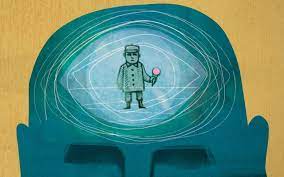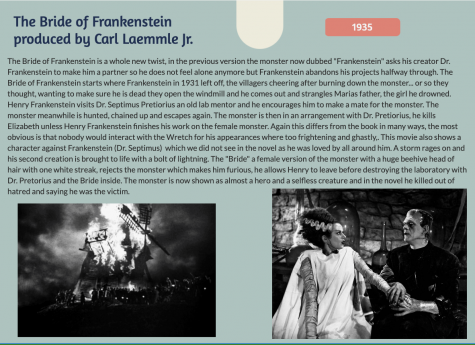The Education System is Not Preparing Teens for Life
In 2001, the No Child Left Behind act was implemented; this act increased standardized student testing as a way to measure schools’ effectiveness. Standardized testing has shown something we all already know, the more money a family or community has, the better education the students will receive. Many have argued that increasing standardized testing isn’t doing anything useful for students. Instead, it will only encourage students to focus on test scores rather than the material they’re learning. Sadly, students who are interested in more hands-on subjects, such as welding or art, don’t get the opportunity to try something new and that they are interested in pursuing as a profession in the future. In fact, public schools should provide more diverse, interesting classes that may spark excitement or passion in a student. Furthermore, students should be offered courses that prepare them for life after high school when they are no longer being coddled by teachers and parents. This isn’t always happening in public schools, however.
Best of SNO’s student writer, Patrick Bruch, is a fellow student and shares the same struggles as everyone else. In his piece, “Why school doesn’t prepare us well enough for the real world”, he asks several of his classmates whether or not they personally feel prepared enough to leave the comfort of their homes and go into the harsh world. Here are some of their responses: “Our education system wasn’t founded on teaching kids…how to be the next leaders of our society. It was founded to teach kids discipline and obedience.” “I think the system is a little too strict and gets extremely stressful with the workload and the lack of variation on the way we learn.” Brunch’s interviewees bring up interesting points about the importance of teaching subjects and skills that are important for our future careers, which many schools do when their curriculum includes subjects like critical thinking, public speaking, writing, and the ability to discuss topics in groups. However, Brunch found that there were still flaws in the public school system. For instance, rarely are students given options to take classes centered on courses outside of STEM related where students can learn more about careers that are focused on making the world a better place rather than just focusing on making money.
Schools must include coursework that prepares students for the real world, such as teaching them how to pay taxes, understanding loans, paying bills, and understanding interest rates. Students must also learn how to properly search and apply for jobs and thrive in their jobs.
With all this information in mind, I took it upon myself to question my fellow classmates about some of the interesting points I had read about and researched. These are the questions that I asked:
- Do you feel prepared to enter life outside of secondary school and your parents’ home?
- If so, why? If not, why?
- Do you feel your high school classes prepared you for adult life?
- If so, how? If not, why?
- What would you suggest high schools specifically add to their curriculum to help students prepare for life outside of high school?
After interviewing some of my classmates, I came to the unfortunate conclusion that some of us are not ready for life after high school, while there are others who welcome change and the new responsibilities. For the ones who answered that they were not ready to leave the safety of their homes, they provided the following reasons:
- Lack of understanding of the outside world
- The feeling of being alone
- Clueless about taxes
- Feeling unprepared
Those who feel ready for the outside world felt that graduation would bring them the following:
- Freedom
- Being responsible for themselves
- Making their own money
The students I interviewed were very clear, too, that changes needed to be made to school curriculums to ensure that students feel prepared to leave and become responsible citizens. These were some of their ideas:
- A preparation class to teach students everything about the outside world, such as how to pay taxes and bills, and how to choose and understand loans.
- A class that teaches teen students how to balance parenthood, work, and school.
- A class that focuses more on jobs that are offered outside of the STEM jobs.
- Self-discovery classes that help students know more about themselves and what jobs best fit their personal characteristics.
All-in-all, each person can vary on their feeling of readiness; some students feel very prepared, while others are clueless. However, it also comes down to the student and whether or not they take it open themselves to truly prepare themselves by taking the right classes, knowing their own interests, and getting their experience in the workplace.



